
By: AndyC
Added: 23 October 2024
This couldn’t be further from the truth. Strength training, in particular, is essential for adults aged 30 and beyond, offering a range of benefits that go beyond aesthetics. It’s not just about staying fit, but about improving longevity, reducing the risk of chronic diseases, and maintaining mobility and independence.
Why Strength Training Matters as We Age
As we get older, our bodies naturally lose muscle mass in a process called sarcopenia. Starting as early as our 30s, we begin losing around 3-5% of our muscle mass per decade if we don’t take action. This muscle loss leads to reduced strength, lower metabolism, and even an increased risk of falls and fractures later in life. In fact, research shows that strength training can increase muscle mass and strength even in individuals well into their 60s, 70s, and beyond.
A meta-analysis conducted to determine the effect of resistance exercise (RE) for multiple strength outcomes in ageing adults concluded that RE is effective for improving strength among older adults, particularly with higher intensity training. [1]
Hormonal Regulation Through Strength Training
Strength training is particularly valuable for middle-aged adults, especially women, who are going through menopause. During menopause, levels of hormones like oestrogen and progesterone decline, which can lead to symptoms like weight gain, loss of muscle mass, and a decrease in bone density. Regular resistance training can play a role in countering these effects.
A systematic review [2] was undertaken to determine whether strength exercises improve the symptoms of menopause. Randomised clinical trials that analysed the effects of strength exercises versus other types of interventions. It concluded that strength exercises can be beneficial for improving menopausal symptoms that affect muscle performance in general, physical activity, bone density and hormonal and metabolic responses such as heart rate, blood pressure and hot flashes.
This makes strength training a crucial tool for women looking to maintain their strength, fitness, and overall well-being through hormonal changes.
How to Get Started with Strength Training
Strength training doesn't have to be intimidating, and it’s never too late to start. The key is focusing on building a strong foundation that you can continually build upon. Start with basic, compound movements that engage multiple muscle groups, such as squats, deadlifts, and rows. These exercises mimic movements you use in daily life, making them highly functional and beneficial for long-term health.
Here are a few tips for those just beginning:
- Start Slow and Focus on Form: It’s crucial to master the correct technique before increasing the weight or intensity of your workouts. This not only prevents injury but ensures you’re targeting the right muscles.
- Consistency is Key: Strength training is most effective when done consistently. Aim for two to three strength workouts a week to begin with, gradually building up intensity as your body adapts.
- Incorporate Progressive Overload: Over time, you’ll want to gradually increase the weight or resistance to continue building strength and muscle. This is known as progressive overload and is key to making long-term progress.
Strength training offers unparalleled benefits as we age. From increased muscle mass and stronger bones to improved metabolism and better hormone regulation, the impact of resistance training on overall health is profound. If you’re ready to embrace strength training as a fundamental part of your fitness routine, know that becoming stronger isn’t just a dream - it’s a reality that you can achieve at any age.
By focusing on building a strong foundation now, you’re setting yourself up for better health, mobility, and independence in the years to come. The dream of becoming stronger and more resilient as you age is within reach - all you have to do is start.
[1] https://pmc.ncbi.nlm.nih.gov/articles/PMC2892859/
[2] https://pmc.ncbi.nlm.nih.gov/articles/PMC9864448/#sec5-jcm-12-00548
More Personal Training News

The power of consistency to build a fitness routine that sticks
We all know how tough it is to stick to a fitness plan. Life gets busy, motivation fluctuates, and sometimes exercise slips down our priority list..

Can eating your way to healthy aging make a BIG DIFFERENCE
When it comes to healthy aging, many people often focus solely on exercise. While staying active is crucial, recent research highlights just how powerful our diet is in determining our health as we age..

Is Fluoride in the water a helpful fix or just covering the cracks
There’s talk again about adding fluoride to drinking water (this time in Plymouth) as a way to tackle rising levels of tooth decay, especially in children..

Simple Mobility Exercises to Relieve Stiff Joints
If you're spending all day at a desk, you've probably had to put up with creaking joints, cramped muscles, and occasional aches. The bright side?.
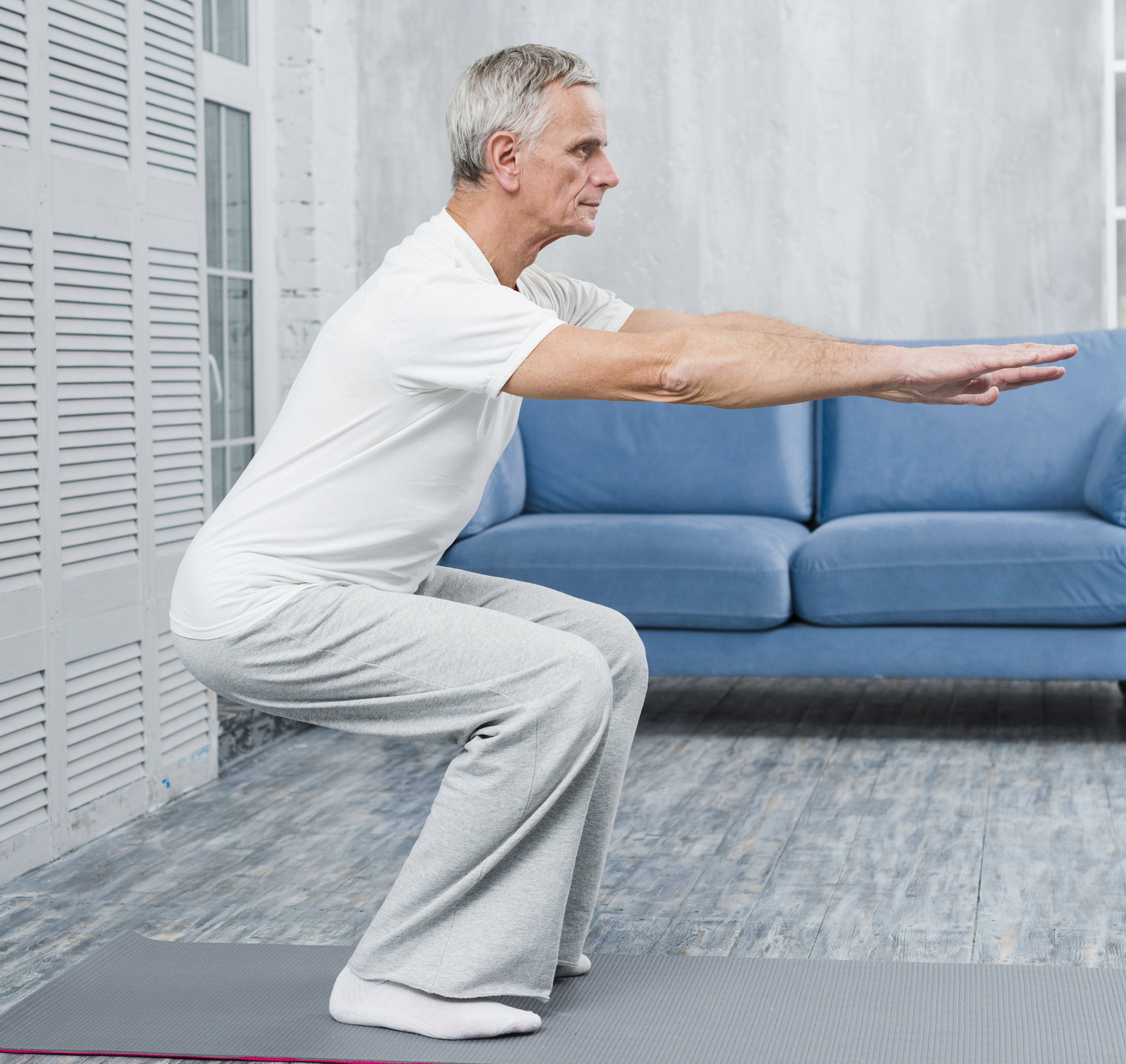
How Strength Training helps to Relieve Pain in Knees
Knee pain is infuriating. It can creep up on you over a period of time or hit you after many years of keeping active..

How to manage stress while maintaining good health
Life in a high-pressure job can be demanding, and stress often feels like an unavoidable companion..
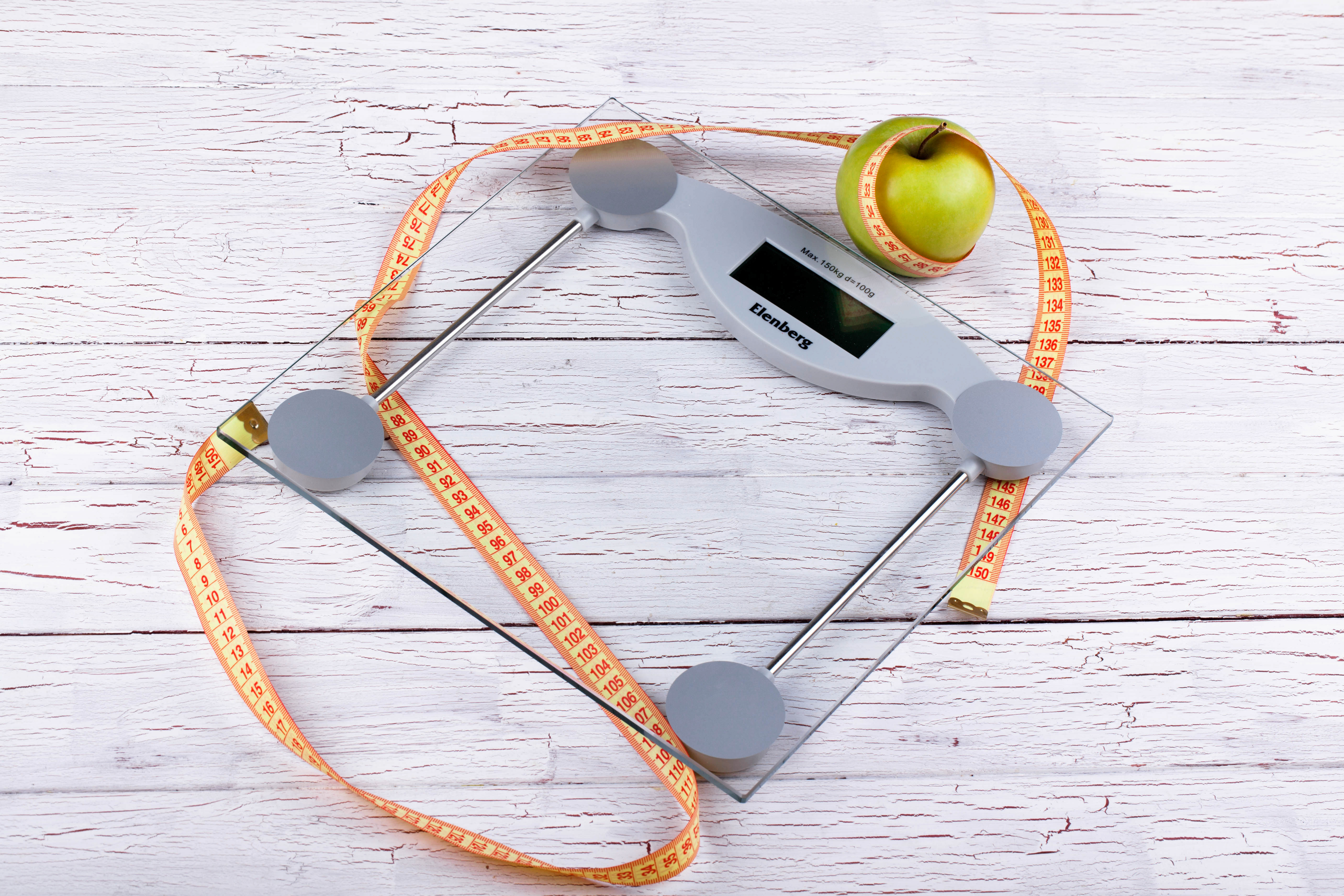
Is GLP1 a New Tool in the Fight Against Obesity
The UK government recently announced [1] a major trial investigating weight-loss drugs like GLP-1 agonists (e.g., tirzepatide) as part of the ongoing strategy to tackle rising obesity..

Why New Year's Resolutions often fail and how to Succeed
Did you know that a huge number of people (nearly 80%) give up on their New Year's resolutions by February?.

Gut Health The Game Changer for 2025
Gut health is fast becoming the wellness buzzword, and for good reason..

Understanding and Implementing Contrast Strength Training
Strength training has evolved into a science, and one method standing out in both athletic performance and general fitness is contrast strength training..

Turmeric: The Golden Spice of Health and Fitness
Turmeric, a vibrant yellow spice native to Southeast Asia, has gained global recognition not only for its culinary appeal but also for its impressive health and fitness benefits..

Sitting too much is harming your heart
Modern lifestyles have made prolonged sitting a daily norm, from long office hours to unwinding on the couch..

Why High Calorie Restriction Diets Don't Really Work
When people want to lose weight fast, the first instinct is often to drastically cut calories, believing that eating less will lead to quick fat loss..
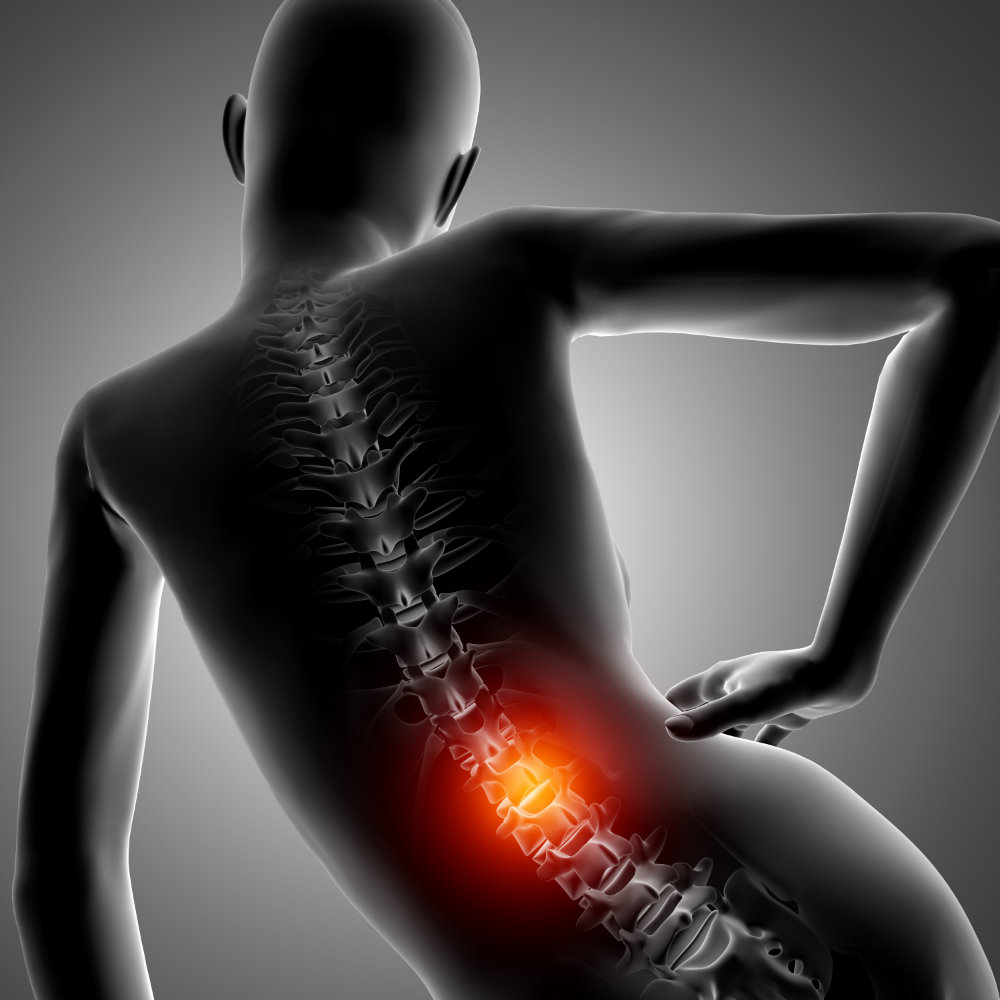
Top 10 benefits of Resistance Training has for treating the symptoms of lower back pain
Resistance training offers lots of benefits for treating the symptoms of lower back pain, making it an essential part of a pain reductions programme..

The Power of Protein: Why your body needs it
What exactly makes protein so essential, and how can you ensure you're getting the healthiest sources?.
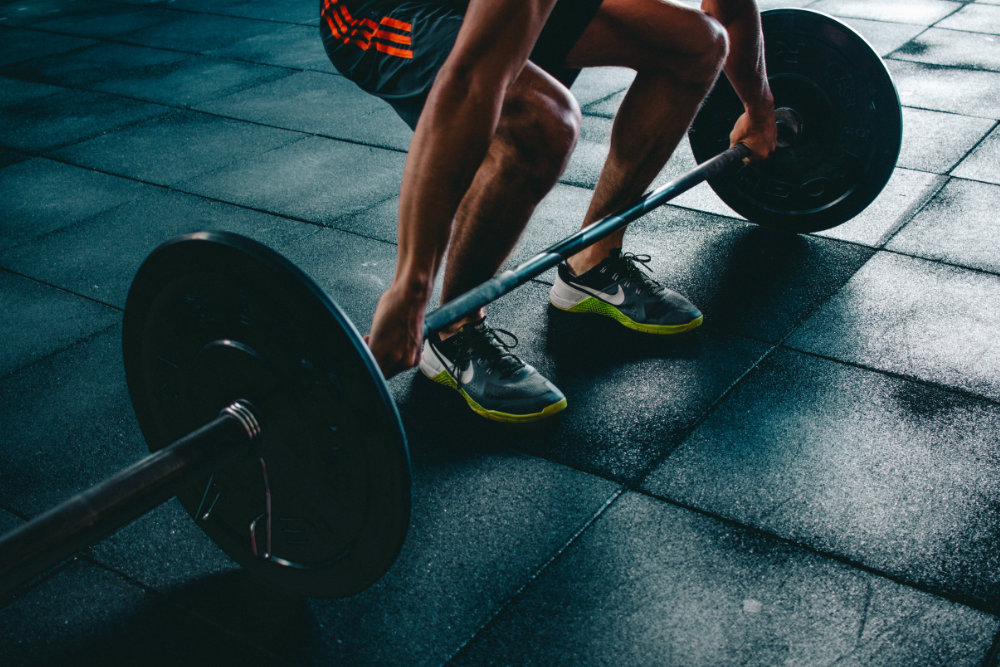
Is a periodised training programme only beneficial for athletes
When it comes to achieving optimal fitness and performance, the concept of periodised training has long been a cornerstone in the world of athletics..

Can Exercise Reverse Type 2 Diabetes
Different forms of exercise, from aerobic activities to resistance training and HIIT, offer unique benefits in improving insulin sensitivity and overall health..

Is Exercise a Natural Antidote to Depression
Incorporating physical activity into your routine can contribute to a brighter, more resilient mental state..

Does Static Stretching Before Exercise Decrease Performance
Numerous scientific studies have shown that static stretching before exercise can actually have a negative impact on performance..
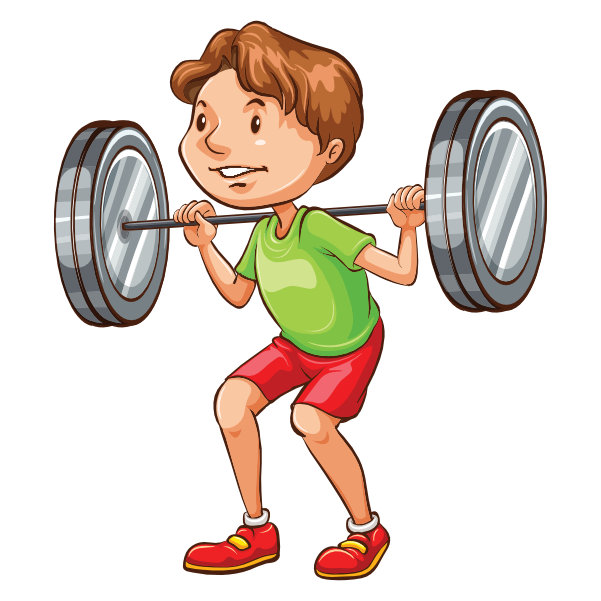
The Benefits of Resistance Training for Children
Resistance and weight training have long been associated with building muscle and improving strength in adults. However, there is a growing body of evidence suggesting that these forms of exercise can also be highly beneficial for children and adolescents..

Is Strength Training good for managing the Menopause
Menopause is a significant phase in a woman's life, marked by hormonal changes that can bring various physical and emotional challenges..

Is the Kettlebell the Ultimate Workout Tool
In the realm of fitness, the search for the ultimate workout tool is endless. When it comes to efficiency, versatility, and effectiveness, I think it could be the kettlebell..
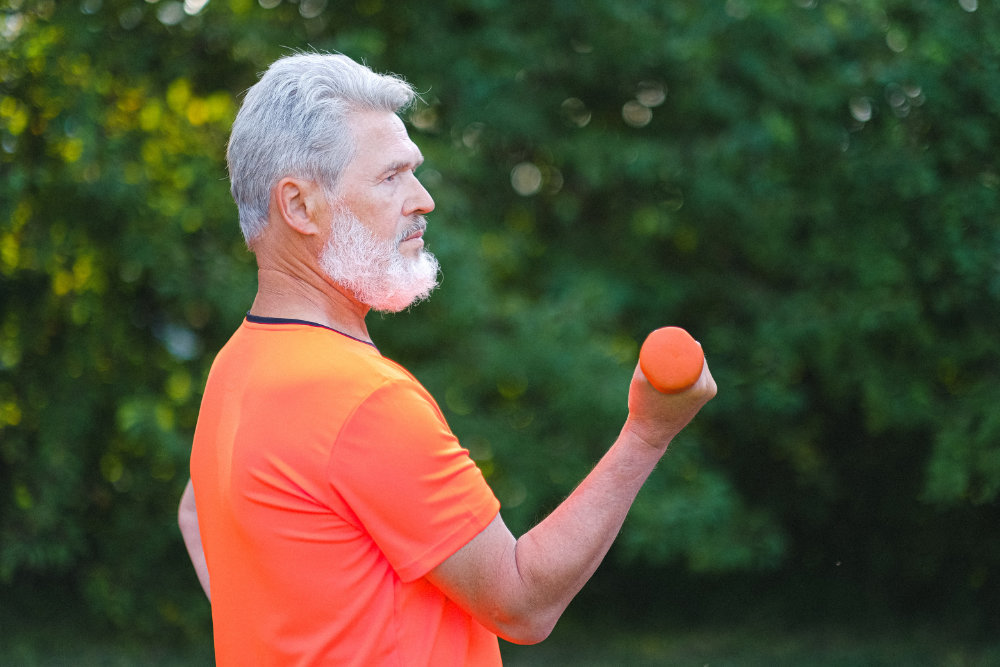
Use it or lose it as the old saying goes
As the years go by, it is commonly believed that our bodies inevitably lose muscle mass, bone density decreases, and overall strength declines. However, scientific evidence suggests otherwise..

Don't be a cave man....be active this autumn
The nights getting darker and temperature dropping signal a time for cozy evenings and warm comfort foods. With this change in season also comes a tendency to slow down, exercise less, and indulge in calorie-rich treats..

Hypertension and High Intensity Interval Training
If you’re currently suffering from hypertension or pre-hypertension then perhaps carrying out some form of High Intensity Interval Training (HIIT) might be able to help reduce it..